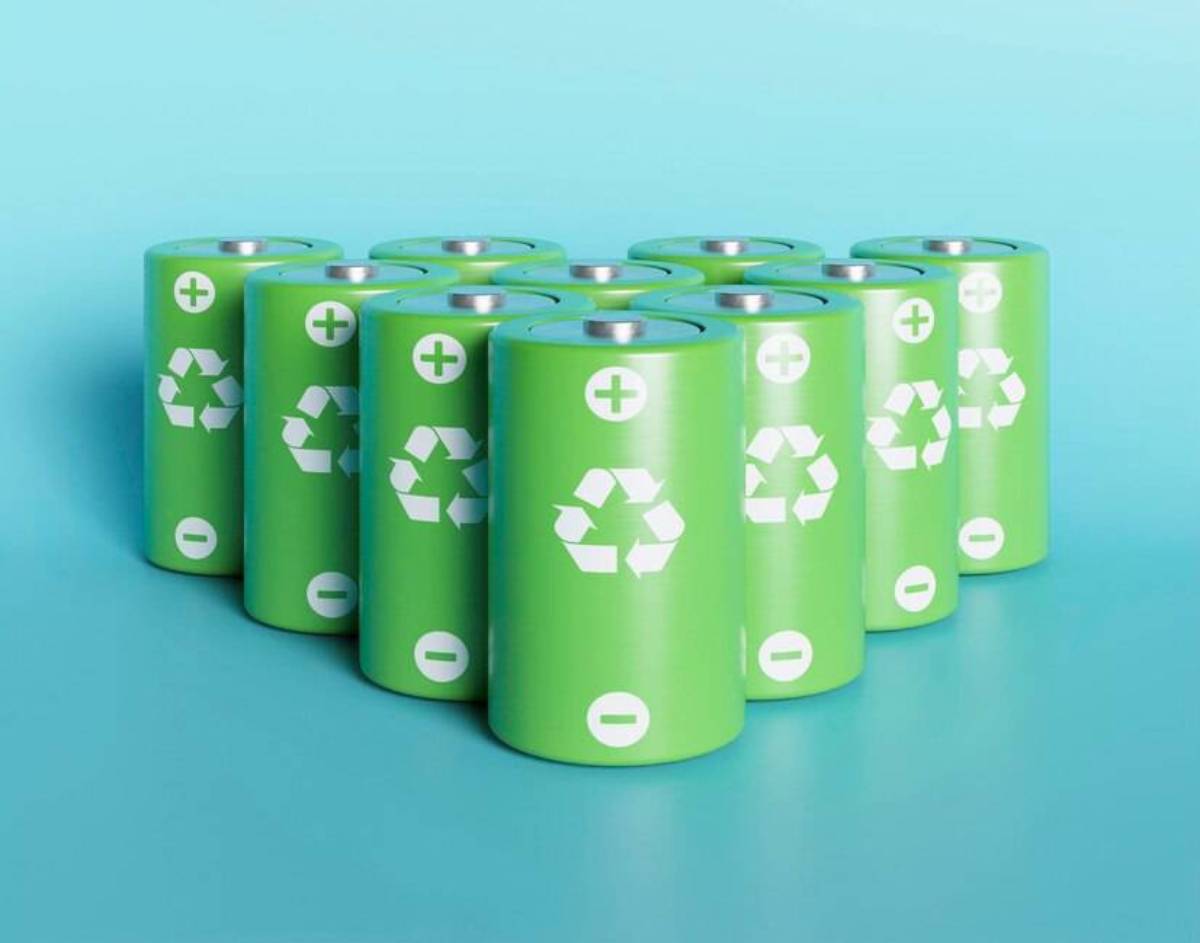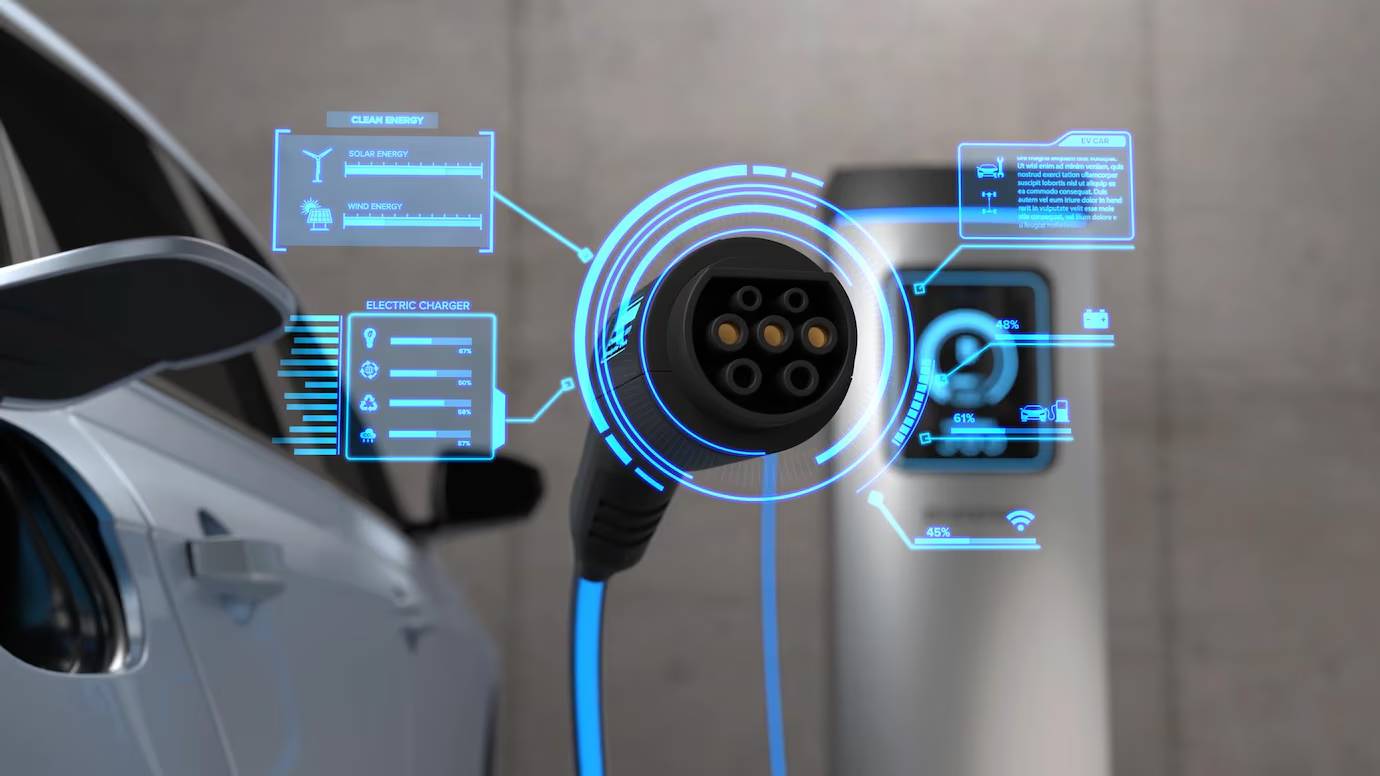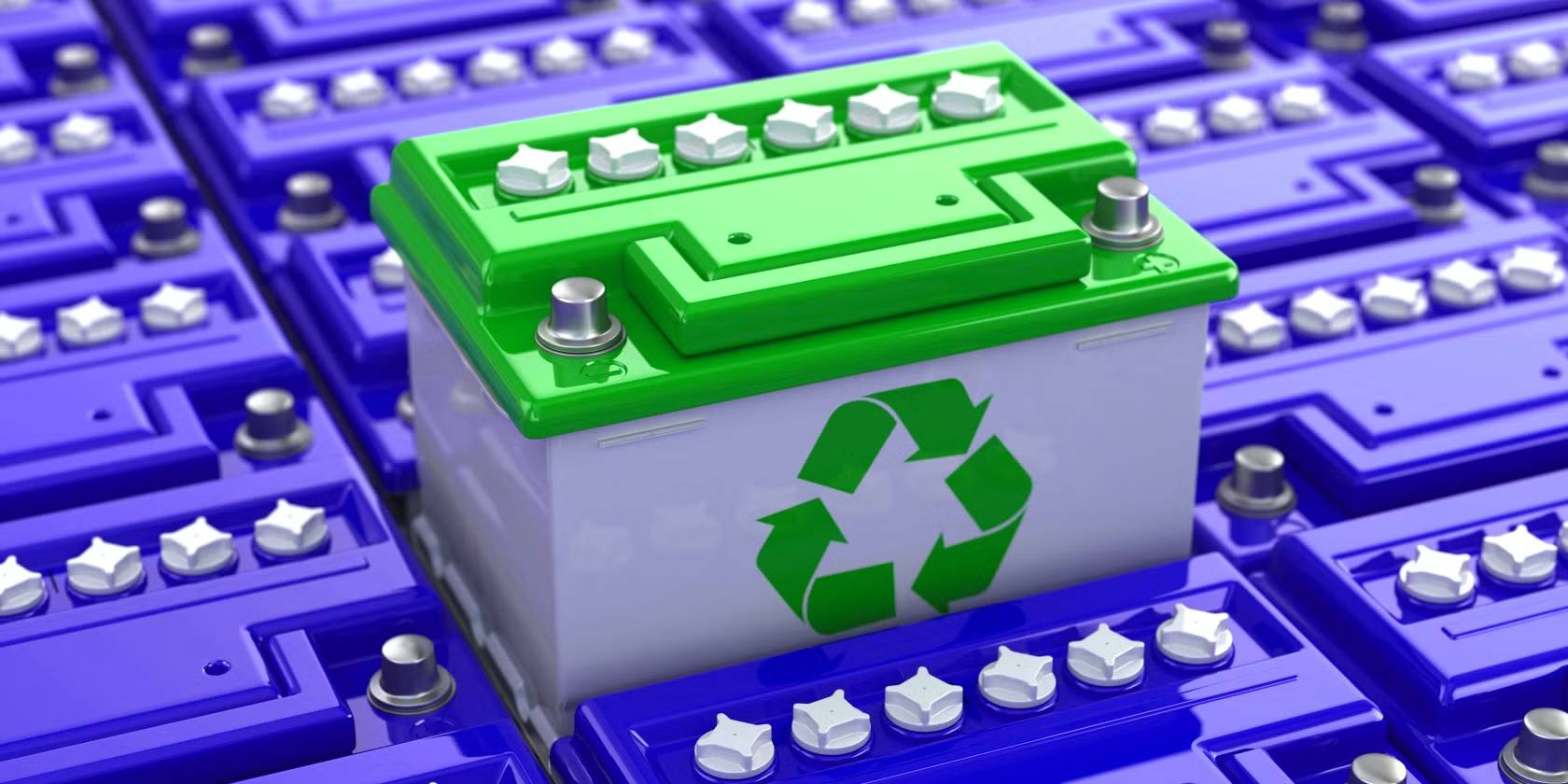
The Future of Battery Recycling in the EV Industry
As electric vehicles (EVs) gain popularity, a new challenge comes up: what to do with used EV batteries? While EVs reduce carbon emissions, their batteries require sustainable disposal and recycling solutions. As millions of EVs hit the roads soon, managing battery waste becomes vital. It helps protect the environment and makes good use of our resources.
This article looks at the future of EV battery recycling. It explains why recycling is important and how the industry is creating sustainable ways to dispose of batteries. We’ll also look at how the circular economy for electric cars is shaping the way we reuse and recycle lithium-ion batteries.
Why Is EV Battery Recycling Important?

1. Environmental Impact
Lithium-ion batteries contain heavy metals like lithium, cobalt, and nickel. If not disposed of properly, these materials can harm the environment, polluting soil and water.
Recycling benefits:
- Reduces toxic waste in landfills
- Prevents soil and water contamination
- Cuts carbon emissions by reducing the need for new mining
2. Resource Scarcity
Lithium, cobalt, and nickel are limited resources. Their extraction can harm the environment and raise ethical concerns. Mining these materials often leads to habitat destruction and bad working conditions.
Recycling helps:
- Preserve natural resources
- Reduce dependence on mining
- Improve supply chain sustainability
3. Economic Opportunities
As battery recycling technology improves, new business opportunities emerge. EV battery recycling companies recover valuable materials. This creates a circular economy where batteries are reused instead of thrown away.
Economic advantages:
- Lowers the cost of battery production
- Creates green jobs
- Reduces reliance on foreign raw materials
How Does EV Battery Recycling Work?

EV battery recycling involves multiple steps to safely extract reusable materials. There are several methods currently used in the industry:
1. Collection & Dismantling
The first step is collecting used batteries from EVs. Many manufacturers offer take-back programmes, ensuring old batteries are returned for proper disposal.
Key processes:
- Batteries are sorted based on chemistry and condition.
- Non-recyclable parts are disposed of responsibly.
- Recoverable materials are sent for processing.
2. Mechanical Shredding
Used batteries are shredded into smaller pieces, breaking them down into basic components. This step helps separate metals, plastics, and other materials.
3. Hydrometallurgical Processing
This method uses chemicals to pull out lithium, cobalt, and nickel from shredded batteries.
Advantages:
- Produces high-purity materials
- Less energy-intensive than smelting
- Reduces toxic emissions
4. Pyrometallurgical Processing (Smelting)
In this process, batteries are heated at high temperatures to recover metals. While effective, this method requires more energy and can release emissions.
Pros:
- Efficient for metal recovery
- Can handle large volumes
Cons:
- High energy consumption
- Potential air pollution
Innovations in EV Battery Recycling
1. Second-Life Batteries
Before recycling, some EV batteries can be repurposed for other applications. Even after losing efficiency for cars, they still have usable energy.
Second-life uses:
- Energy storage for homes and businesses
- Backup power for hospitals and data centres
- Solar energy storage solutions
2. Direct Recycling
New technologies aim to recycle battery materials without breaking them down completely. This process keeps battery components intact, reducing waste and preserving more material.
Benefits:
- Less energy-intensive
- Higher material recovery rates
- More cost-effective
3. AI & Automation in Recycling
Artificial Intelligence (AI) is helping improve battery recycling efficiency. Automated sorting and AI processing find valuable materials. This boosts both speed and accuracy in recycling.
How AI helps:
- Detects battery health to determine if recycling is needed
- Improves material separation
- Reduces waste and increases efficiency
The Role of Governments & Regulations
Governments help with sustainable battery disposal by setting rules and policies. Many countries are introducing laws to encourage EV battery recycling.
1. Extended Producer Responsibility (EPR)
Under EPR laws, battery manufacturers must take responsibility for recycling old batteries.
Impacts of EPR:
- Encourages sustainable battery designs
- Increases manufacturer accountability
- Reduces illegal battery dumping
2. EU Battery Regulation
The European Union has set strict rules for EV battery disposal. This includes recycling targets that must be met.
Key rules:
- Minimum recovery rates for lithium, cobalt, and nickel
- Ban on landfilling EV batteries
- Incentives for green recycling technologies
3. U.S. & China’s Recycling Policies
United States:
- Tax credits for recycling initiatives
- Funding for battery research
- Support for local supply chains
China:
- Mandatory battery tracking systems
- Government-run battery collection centres
- Investment in large-scale recycling plants
Challenges & Future Outlook
1. High Costs of Recycling
Recycling EV batteries is expensive due to labour, technology, and infrastructure costs. However, as demand grows, economies of scale will help reduce costs.
2. Infrastructure Development
More recycling plants and collection points are needed to support large-scale battery recycling.
Solutions:
- More public-private partnerships
- Investment in recycling infrastructure
3. Standardising Battery Designs
Different battery designs make recycling complicated. Standardised battery models would make it easier and cheaper to recycle.
The Future of EV Battery Recycling
With increasing focus on sustainability, the future of EV battery recycling looks promising. Companies and governments are striving for a circular economy. In this system, batteries are reused and recycled effectively.
Exciting developments to watch:
- More efficient recycling technologies
- Expansion of second-life battery applications
- Stronger regulations ensuring sustainable disposal
Conclusion
EV battery recycling is crucial for a sustainable future. As the number of electric cars grows, we must ensure batteries are reused, repurposed, and recycled efficiently.
Key Takeaways are recycling reduces waste and protects the environment. Second-life applications give old batteries new purposes. Government policies are driving recycling efforts. Innovations like AI and automation are improving recycling efficiency.
A sustainable battery industry is achievable. This requires manufacturers’ and consumers’ right policies, technology, and commitment. We can create a greener, cleaner future by supporting EV battery recycling.
What are your thoughts on battery recycling? Share your ideas in the comments!


